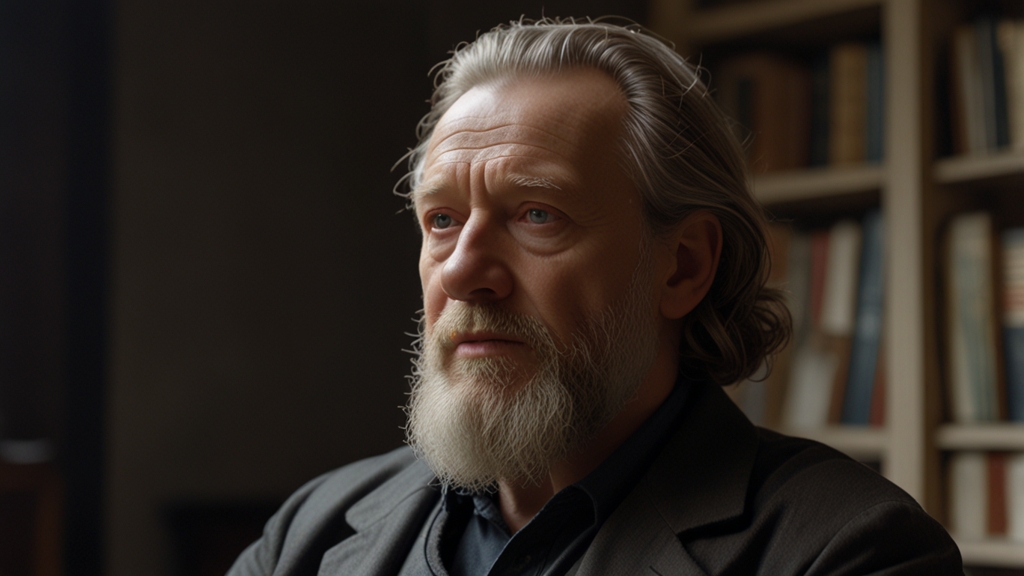Riddle Me This: Discover the Fun of Brain Teasers
In a world inundated with digital distractions and fast-paced lifestyles, one simple yet highly effective way to stimulate your mind is by engaging in brain teasers. By diving into these riddles and puzzles, not only do you challenge your intellectual capabilities, but you also indulge in a form of entertainment that is both rewarding and satisfying.
The History and Evolution of Brain Teasers
Brain teasers have a rich historical background, often rooted in folklore and ancient texts. Historically, they were used as a method to convey wisdom, entertain, and even as teaching tools in traditional education systems. For instance, riddles are mentioned in the Bible and ancient Greek literature, illustrating their longstanding cultural significance.
As time has progressed, the nature of these puzzles has diversified. From simple word play and logic puzzles to complex mathematical problems, brain teasers have adapted to the evolving landscape of human intellect. Today, they are accessible in various formats, including books, smartphone apps, and online platforms.
The Cognitive Benefits
Engaging with brain teasers offers a myriad of cognitive benefits. Problem-solving exercises enhance memory, improve concentration, and boost critical thinking skills. Additionally, these puzzles often require a blend of creative and logical thinking, fostering a well-rounded mental workout.
"Puzzles and riddles challenge our thinking and keep our minds sharp. They provide a necessary break from the routine and encourage a different way of thinking." — Dr. Jane Smith, Cognitive Psychologist
Furthermore, consistent engagement with brain teasers can have long-term benefits. Studies suggest that they can delay the onset of neurodegenerative diseases such as Alzheimer's by keeping neural connections active and healthy. This makes brain teasers not only fun but also a valuable tool for mental well-being.
Types of Brain Teasers
There are numerous categories of brain teasers, each offering unique challenges and rewards:
- Riddles: These are typically short, clever statements or questions that require ingenuity and lateral thinking to solve. Example: "I speak without a mouth and hear without ears. I have no body, but I come alive with wind. What am I?"
- Logic Puzzles: These puzzles involve sequences, patterns, and deduction. Sudoku and KenKen are popular examples that demand logical reasoning skills.
- Mathematical Problems: These involve numbers and equations, challenging one's mathematical prowess. Example: "What comes next in the sequence 1, 4, 9, 16...?"
- Visual Puzzles: These puzzles require spatial awareness and visual reasoning. Optical illusions and 'spot the difference' games fall within this category.
Each type of brain teaser engages different mental faculties, making it beneficial to explore a variety of these puzzles for a comprehensive cognitive workout.
Incorporating Brain Teasers into Daily Life
One of the key advantages of brain teasers is their convenience. They can be easily incorporated into everyday routines. During a morning commute, as a break between work tasks, or winding down in the evening, a quick riddle or puzzle can be a refreshingly challenging activity.
"I start my day with a crossword puzzle. It’s a small but significant way to kickstart my brain and get into a productive mindset." — John Doe, Avid Puzzle Enthusiast
Additionally, brain teasers make for excellent social activities. Whether it's competing with friends over a challenging puzzle or collaborating to solve a complex riddle, these activities can foster social interactions and camaraderie. There are community puzzle nights, online forums, and various social media challenges that bring people together over shared intellectual pursuits.
Conclusion
Brain teasers offer an enjoyable and intellectually stimulating way to break free from the monotony of daily routines. By engaging with riddles, logic puzzles, and mathematical challenges, you can enhance your cognitive abilities while having fun. So, the next time you find a quiet moment, leave your phone aside, and riddle yourself this: isn't it time to puzzle?











